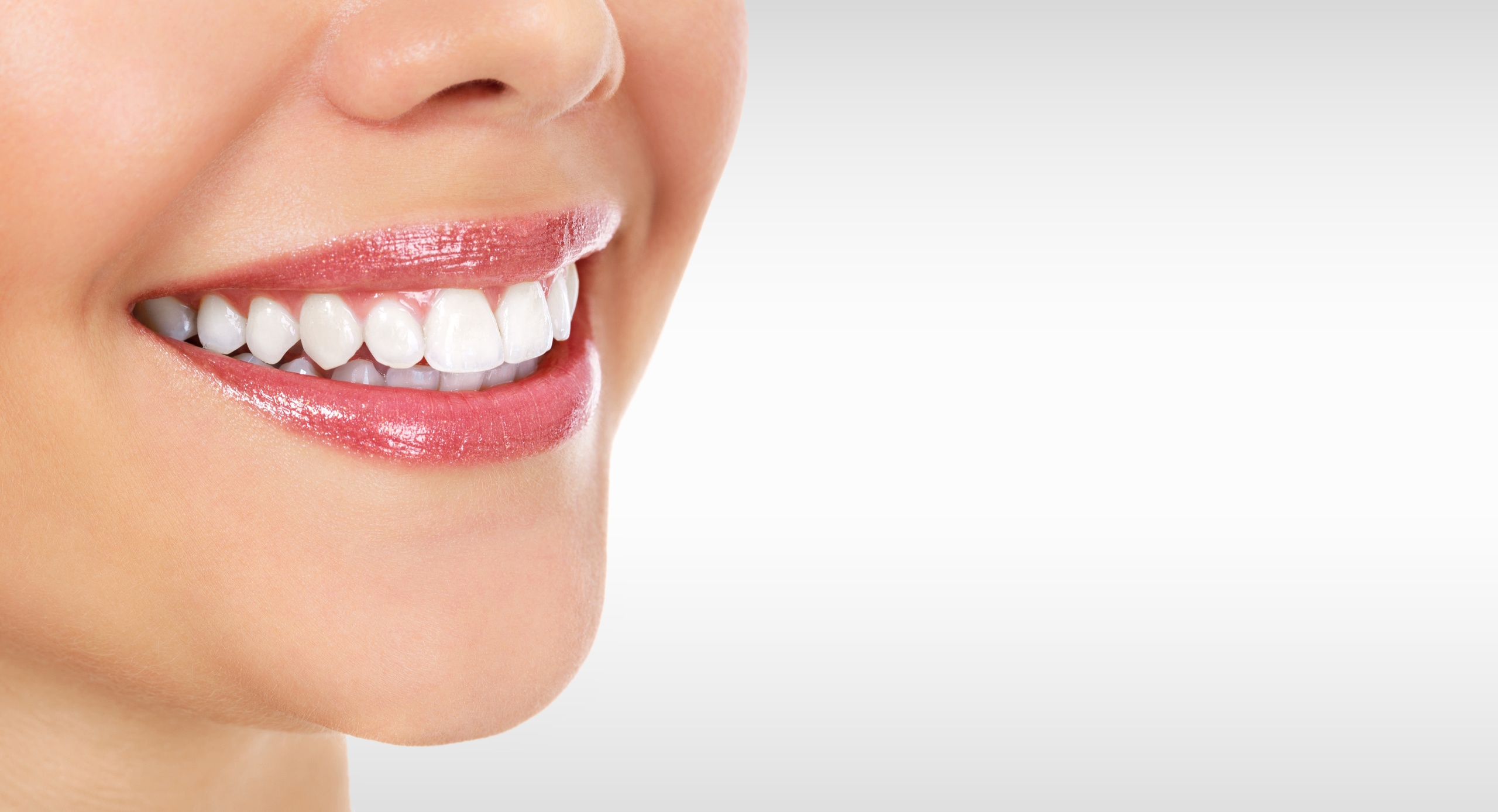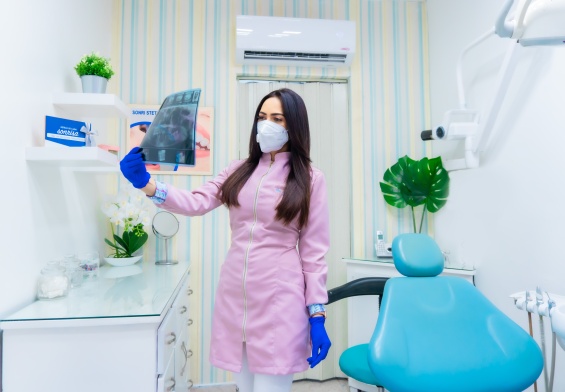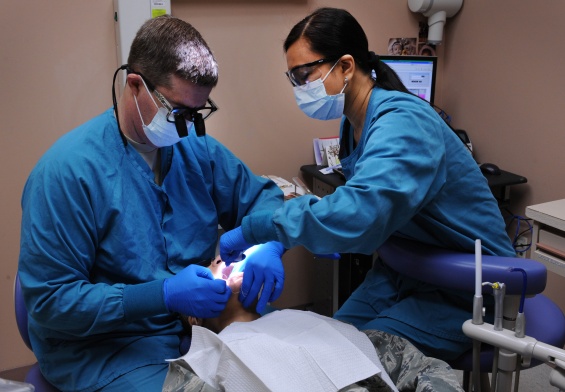Cosmetic dentistry can reinvigorate a person’s smile and confidence. From veneers and bonding to whitening and implants, these procedures are more advanced than ever. Still, every treatment carries some level of inherent risk. Understanding these risks and the steps qualified cosmetic dentists in NJ take to reduce them, gives patients more confidence and information for their decisions.
For those comparing providers, you may also find it helpful to review whether a cosmetic dentist is better than a regular dentist before committing to treatment.
Quick Answer
Cosmetic dentistry is generally safe when performed by licensed professionals, but potential risks include allergic reactions, nerve or gum damage, infection, tooth sensitivity, bite problems, and unsatisfactory results. These issues often arise from improper planning or unqualified providers. Choosing trusted cosmetic dentists in NJ for safe cosmetic dental procedures guarantees better results and fewer complications.
What Does Cosmetic Dentistry in NJ Include, and How Safe Is It?
Cosmetic dentistry focuses on improving the appearance and function of your smile. Common treatments include porcelain veneers, implants, bonding, whitening, and gum contouring. These are elective but technical procedures fueled by skill and precision.
The U.S. Food and Drug Administration (FDA) classifies many cosmetic materials, like dental implants and composite resins, as medical devices. Thus, they must meet strict biocompatibility and safety standards before use. This oversight verifies the safety and efficacy of cosmetic dentistry in NJ when performed by licensed professionals committed to dental implant safety and patient well-being.
You can also read more about what no one tells you about dental implants in NJ to better understand the procedure and its long-term considerations.
7 Common Risks of Cosmetic Dentistry (and How to Avoid Them)
1. Allergic Reactions to Dental Materials: Why They Happen
Some patients may experience mild to moderate allergic responses to materials used in fillings, veneers, or implants. Reactions usually stem from sensitivities to metals or resins used during bonding.
According to the FDA, these materials undergo safety testing before approval, but individual sensitivities can still occur. Most reactions are preventable through patch testing and proper material selection. Experienced cosmetic dentists in NJ use only FDA-cleared materials designed for safe cosmetic dental procedures, like dental implants in Millburn NJ.
2. Nerve or Gum Damage: A Rare but Serious Risk
Nerve or gum injury can happen when drilling or implant placement occurs too close to sensitive areas. Improper technique may lead to temporary numbness or tingling.
The FDA highlights that poor surgical planning is a key cause. Experienced NJ cosmetic dentists rely on digital imaging, 3D scanners, and computer-guided tools to plan procedures. These techniques reduce the likelihood of nerve or gum complications and improve dental implant safety during cosmetic dentistry in NJ.
3. Infection After Cosmetic Dentistry: How to Prevent It
Like any medical procedure, cosmetic dental work carries a small risk of infection. Bacteria can enter through surgical sites or bonding gaps if there’s inadequate sterilization or home care.
The FDA notes that patients who smoke or have diabetes face higher infection risks due to slower healing. Reputable cosmetic dentists in NJ mitigate this through sterilized environments, antibiotics when necessary, and thorough post-treatment instructions. Maintaining good oral hygiene and attending follow-up visits also play a huge role in safe recovery.
4. Tooth Sensitivity After Veneers or Whitening: What to Expect
Whitening and veneer preparation can cause temporary tooth sensitivity. Overexposure to peroxide or excessive enamel removal may irritate the tooth’s inner layer. That can cause teeth whitening side effects such as mild pain or temperature sensitivity.
A 2025 review in Bioinformation found that porcelain veneers complications often occur from over-preparation or poor bonding. The best cosmetic dentists in NJ use conservative approaches to protect enamel. They may recommend gentler whitening formulas or desensitizing agents to prevent long-term discomfort. For more context, see the top 5 myths about teeth whitening to avoid common misconceptions before treatment.
5. Bite Problems or Jaw Pain After Cosmetic Work
Misaligned veneers or crowns can affect how your upper and lower teeth meet, leading to jaw strain or TMJ pain. These bite issues often occur due to inaccurate occlusion (the way the teeth align) measurements.
Leading cosmetic dentists in NJ use digital smile design and occlusal mapping to verify a comfortable restoration fit. These tools prevent long-term bite imbalance and are now standard practice for safe cosmetic dentistry in NJ clinics.
6. When Cosmetic Dentistry Results Don’t Match Expectations
Sometimes, the outcome doesn’t match the patient’s expectations. Miscommunication, rushed planning, or unrealistic goals can lead to disappointment.
A peer-reviewed study in the International Journal of Dentistry found that social media often fuels unrealistic expectations. 68% of online veneer discussions reflected dissatisfaction with appearance. Skilled cosmetic dentists in NJ prevent these outcomes by providing digital previews and detailed consultations. Those consultations corroborate every smile makeover NJ patients’ understanding of the likely results. They also avoids common porcelain veneers complications seen with unqualified providers.
7. The Hidden Dangers of Unqualified or Cheap Cosmetic Dentists
The biggest danger comes from unlicensed or underqualified practitioners. These “budget” providers often promote quick cosmetic fixes without medical oversight or proper sterilization.
Such individuals may use untested materials or remove too much enamel, leading to permanent damage. Patients should always verify credentials through the New Jersey State Board of Dentistry. Choosing certified cosmetic dentists in NJ guarantees proper infection control, safety protocols, and ethical care.
If you’re evaluating options, it may help to read how to spot a bad dentist and find a good one instead.
How the Best Cosmetic Dentists in NJ Keep Patients Safe
Working with the right professional is the most effective way to avoid complications. Licensed cosmetic dentists in NJ follow rigorous state and federal safety standards while providing personalized care.
Use of Advanced Technology
Modern dental practices use 3D imaging, computer-aided design, and laser tools for peerless precision. These innovations cut surgical errors and reduce recovery time. According to Bioinformation, digital planning has become crucial for preventing nerve injury and preserving dental implant safety.
Biocompatible Materials
All materials, whether for veneers, bonding, or implants, undergo extensive FDA testing. Skilled cosmetic dentists in NJ select biocompatible options suited to each patient’s needs, reducing allergic or inflammatory reactions.
Strict Infection Control
Top NJ cosmetic dentists adhere to CDC sterilization standards, using disposable tools and medical-grade disinfectants. Proper hygiene protocols lower infection risks and help patients heal faster after cosmetic treatments.
Patient Education and Ethics
Honest communication scaffolds trust and prevents dissatisfaction. The best cosmetic dentists in NJ explain every step, outline benefits and risks, and recommend the most conservative approach possible. This transparency helps patients achieve beautiful, natural results safely.
Patients over 55 may also want to explore how cosmetic dentistry helps seniors using home care age gracefully for more age-specific guidance.
Cosmetic Dentistry Risks vs. Prevention: A Quick Comparison
| Procedure | Key Risks | Underlying Causes | How Risks Are Minimized |
| Dental Implants | Infection, nerve injury, implant failure | Smoking, poor planning, systemic health issues | Pre-surgical scans, biocompatibility testing, hygiene education |
| Veneers & Bonding | Debonding, sensitivity, enamel loss | Over-preparation, poor bonding | Digital previews, enamel preservation, modern adhesives |
| Whitening | Gum irritation, tooth sensitivity | Excess peroxide or at-home misuse | Professional supervision, protective barriers, desensitizers |
| General Cosmetic Work | Over-treatment, aesthetic dissatisfaction | Unqualified providers, misinformation | Licensed professionals, informed consent, conservative design |
This comparison shows how planning, credentials, and proper aftercare can control almost all cosmetic dentistry risks.
What You Can Do to Protect Yourself During Cosmetic Dental Treatment
Patients play a major role in verifying their procedures go smoothly. Here are practical steps to cut risk:
- Verify Credentials. Confirm your provider is licensed through the NJ State Board of Dentistry.
- Ask About Materials. Always choose FDA-cleared, biocompatible materials for safe cosmetic dental procedures.
- Follow Aftercare Instructions. Avoid smoking, maintain oral hygiene, and follow dietary restrictions after whitening or implants.
- Request a Digital Smile Preview. The best cosmetic dentists in NJ use 3D imaging to show your expected results.
- Avoid Trend-Based Treatments. Social media “smile makeovers” often promote unproven or unsafe methods.
- Seek Second Opinions. For complex or costly treatments, consult another NJ cosmetic dentist before committing.
Key Takeaways: Choosing Safe Cosmetic Dental Procedures in NJ
- Cosmetic dentistry can enhance your smile and confidence but still carries minor risks.
- Most complications are preventable with cosmetic dentists in NJ who use advanced planning and technology.
- The safest outcomes occur when patients choose experienced, board-certified professionals.
- Understanding potential issues like teeth whitening side effects or porcelain veneers complications helps patients make informed decisions.
- Always look for ethical providers committed to comfort, transparency, and safety.
Finding Trusted Cosmetic Dentists in NJ for a Safer Smile
Cosmetic dentistry can deliver life-changing results when performed responsibly. Knowing the risks allows patients to approach these treatments with confidence and clarity.
When you work with a licensed cosmetic dentist in NJ, you’re protecting your health and improving your smile. From digital imaging to biocompatible materials, cosmetic dentistry in NJ today is safer and more precise than ever before.
If you’re considering veneers, implants, or whitening, start by consulting trusted cosmetic dentists in NJ near you who value your safety, satisfaction, and long-term results. Learn more about modern procedures and customized treatment plans at ReadyToSmile.com/cosmetic-dentistry.
Resources
- U.S. Food and Drug Administration. Dental Implants: What You Should Know.
- U.S. Food and Drug Administration. Dental Composite Resin Devices – Premarket Notification [510(k)] Submissions.
- Salim NA, Jubair F, Hassona YM, Izriqi S, Al-Fuqaha’a D. Esthetic Dentistry on Twitter: Benefits and Dangers. Int J Dent. 2021;2021:5077886. Published 2021 Dec 8. doi:10.1155/2021/5077886
- Misra S, Motiwala ZY, Nadeem F, et al. Recent advances in cosmetic dentistry: A review. Bioinformation. 2025;21(6):1597-1601. Published 2025 Jun 30. doi:10.6026/973206300211597




